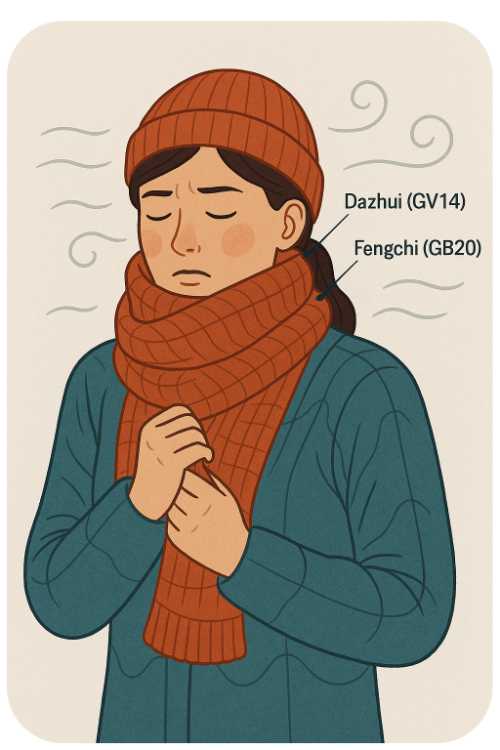Why Emotions Matter:
The Five Spirits & Mental Health in Chinese Medicine
In traditional Chinese medicine, emotions are not seen as disturbances that originate in the mind alone. Instead, they are natural expressions of energy, each rooted in the body’s internal landscape. At the heart of this view is the concept of the Wǔ Shén (五神)—the Five Spirits—each housed in a different organ system. Together, they form the spiritual and emotional architecture of a person, shaping how we respond to the world, remember our lives, dream at night, and stay steady through change.
The Shén (神), most often translated as “spirit,” resides in the heart. It governs consciousness, presence, and emotional clarity. When the Shén is calm, we feel mentally clear and emotionally grounded. When disturbed—through stress, insomnia, or emotional shock—we may feel scattered, overly sensitive, or disconnected.
The Hún (魂), linked to the liver, is the ethereal soul. It gives rise to vision, imagination, and the ability to plan and dream. If liver qi becomes stagnant—often from unexpressed frustration or pressure—our Hún can feel trapped, leading to irritability or aimlessness.
The Pò (魄), the corporeal soul, belongs to the lungs. It connects us to sensation and instinct. Grief and unresolved sadness often settle here, tightening the chest and affecting the breath. When the Pò is supported, we respond to the world with sensitivity and embodied presence.
The Yì (意), associated with the spleen, governs thought, memory, and the ability to concentrate. Worry and overthinking can weaken this spirit, leading to rumination or a scattered focus. Nourishing the spleen with rhythm and rest helps the Yì become more stable.
The Zhì (志), housed in the kidneys, is the spirit of willpower and determination. It is what anchors us through hardship. Chronic fear, insecurity, or depletion of the kidney system may unsettle the Zhì, resulting in indecisiveness or a loss of inner drive.
Understanding the Wǔ Shén invites a more compassionate approach to emotional health. These spirits aren’t meant to be controlled or silenced—they are meant to be harmonized. A wave of grief after loss is not pathology; it is the natural movement of the Pò. A period of confusion after too much striving may simply signal that the Shén or Hún need rest and renewal.
In practice, this means addressing emotional health through the body as well as the mind. Gentle breathwork to soothe the lungs, Qigong to move Liver Qi, or herbal teas that support the spleen can all ease emotional strain without forcing change. Stillness, time in nature, and regular rhythms of rest and activity help the Five Spirits stay aligned.
When the Wǔ Shén are in harmony, we feel both emotionally resilient and spiritually connected. Our thoughts are clear, our dreams are alive, and our hearts can meet the world with openness.
Vocabulary Guide
Wǔ shén (五神) – The Five Spirits, each linked to one of the five major organ systems in Chinese medicine.
Shén (神) – Spirit or consciousness; housed in the heart.
Hún (魂) – Ethereal soul; associated with the liver and imagination.
Pò (魄) – Corporeal soul; associated with the lungs and instinct.
Yì (意) – Thought or intention; related to the spleen and memory.
Zhì (志) – Will or determination; connected to the kidneys and resilience.






